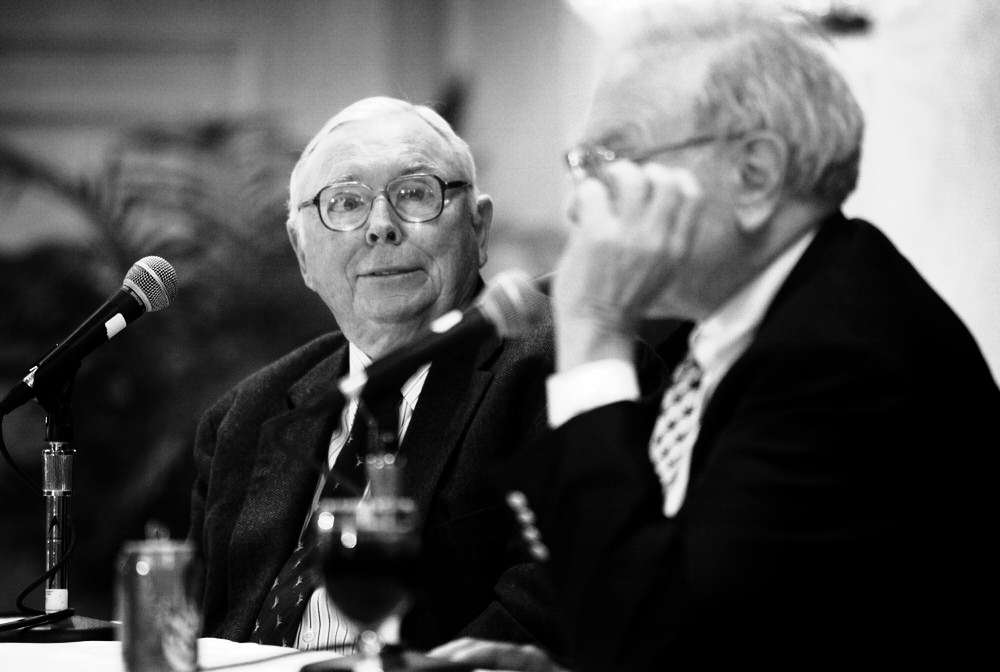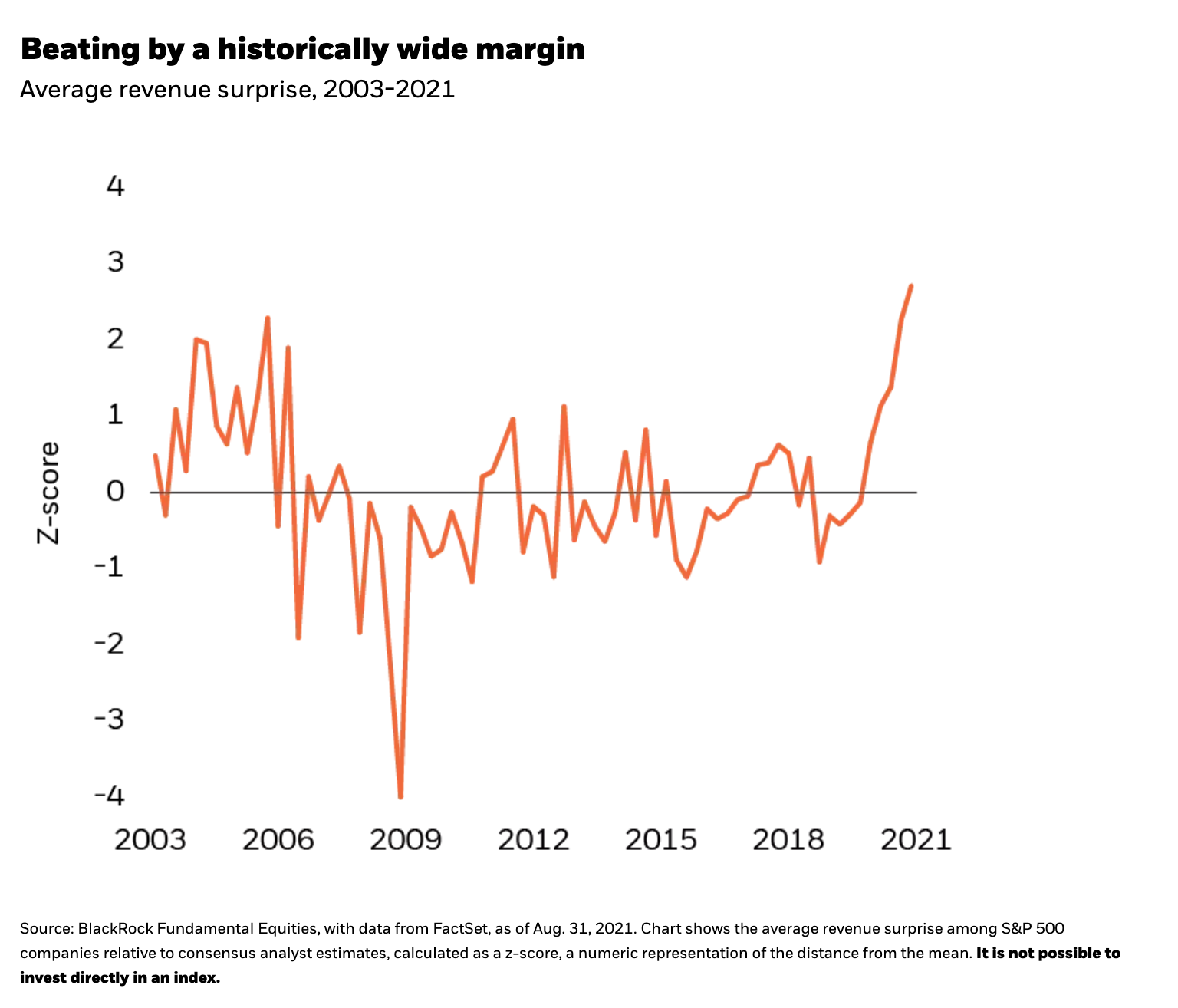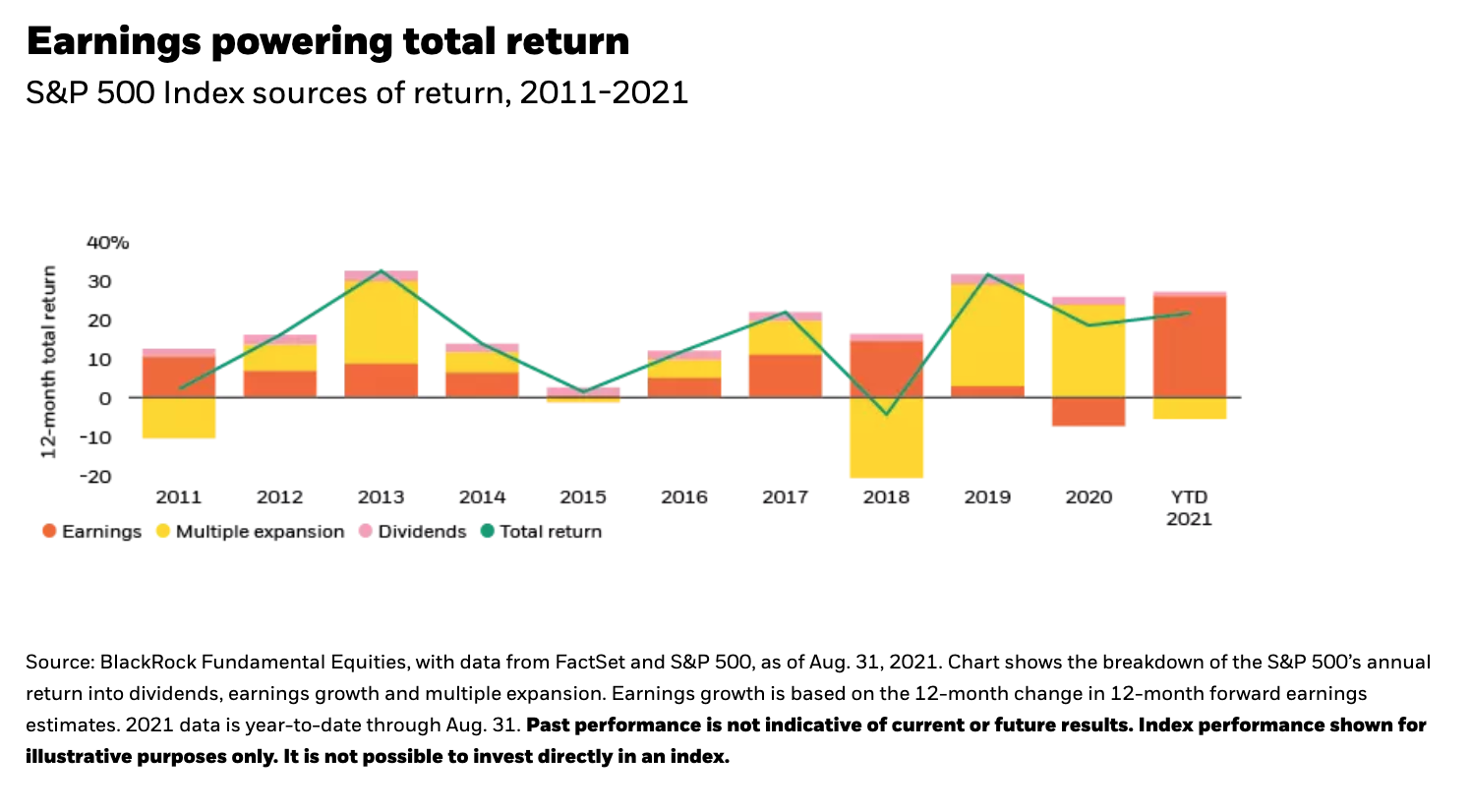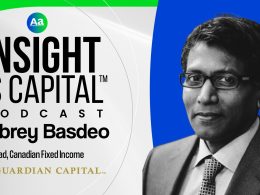by Antonio (Tony) DeSpirito, Managing Director, Chief Investment Officer, U.S. Fundamental Equities, Blackrock
U.S. companies have notched some of the best earnings results in years. Tony DeSpirito, CIO of U.S. Fundamental Equities, discusses why investors need not fret too much about an inevitable slowdown.
No question … company earnings have been impressive. The S&P 500 recorded the highest year-over-year earnings growth in over a decade in the second quarter. In fact, company earnings have been the key driver of index returns this year, accounting for the lion’s share of S&P 500 total return, as shown in the chart below.
This leads some to worry that an earnings downshift in the quarters ahead will weigh on market performance. We remain optimistic in our medium-term outlook for U.S. stocks and would offer three considerations when it comes to the earnings outlook:
This is not a normal cycle. The switch on the economy went from off to on, with an anomalous effect on earnings comparisons. Broad shutdowns amid the COVID-19 crisis in 2020 were followed by a powerful economic restart in 2021. Year-over-year comparisons were easy, and beats exceeded expectations as activity picked up. A slowdown is expected, even inevitable. Yet it does not forbode a market collapse.
A look at seven decades of historical data reveals market performance has not dropped off a cliff once economic growth and earnings slow. We looked at earnings patterns in years when real gross domestic product (GDP) growth exceeded 4%, and S&P 500 performance in the 12 months that followed. What did we find? The average index return in the ensuing year was a not-too-shabby 7%, based on a review of data back to 1948.
Market reaction matters. While the vast majority of companies surprised to the upside and by a wide margin in the second quarter, the market reaction to the historically large earnings beats was comparatively undersized. Stock performance, especially among cyclicals, did not pop at a magnitude consistent with the beat. This suggests some skepticism among investors while also affirming that blockbuster results don’t necessarily receive bigger rewards from the market.
Company resilience is on display. Recent results demonstrate corporate dynamism: Companies successfully managed costs in the throes of the COVID crisis. They have weathered recent inflation equally well.
Consider that companies have beat analyst expectations on both earnings per share (EPS) and revenue growth. But the latter has been particularly strong. The chart below demonstrates the magnitude of the sales surprise. This suggests to us that even as inflation has been driving an increase in input costs, companies have the pricing power to offset it. They have been able to raise prices and push higher costs on to the end consumer, a reflection of pent-up demand and consumer willingness to pay. We’d expect cost pressures to abate in most areas of the economy as pandemic-dented supply rebuilds and demand normalizes.
Bottom line: Yes, economic growth will slow. Likewise for earnings growth. Peaks are inevitable, but they don’t necessarily herald a cycle’s end.
Headlines can be unnerving, but we see strong underpinnings for equities in the months ahead: Company fundamentals are sound and equity valuations are still attractive relative to bonds in a low-rate world. The main risk to our constructive view, as it has been for 18 months, are the vagaries of COVID-19. We advocate a focus on quality and believe deep research and active selection can be particularly advantageous in an environment of economic and market transition.
 Tony DeSpiritoBlackRock Fundamental Active Equity Investment TeamAntonio (Tony) DeSpirito, Managing Director, is Chief Investment Officer of U.S. Fundamental Active Equity. He is also lead portfolio manager of the BlackRock Equity ...
Tony DeSpiritoBlackRock Fundamental Active Equity Investment TeamAntonio (Tony) DeSpirito, Managing Director, is Chief Investment Officer of U.S. Fundamental Active Equity. He is also lead portfolio manager of the BlackRock Equity ...
















